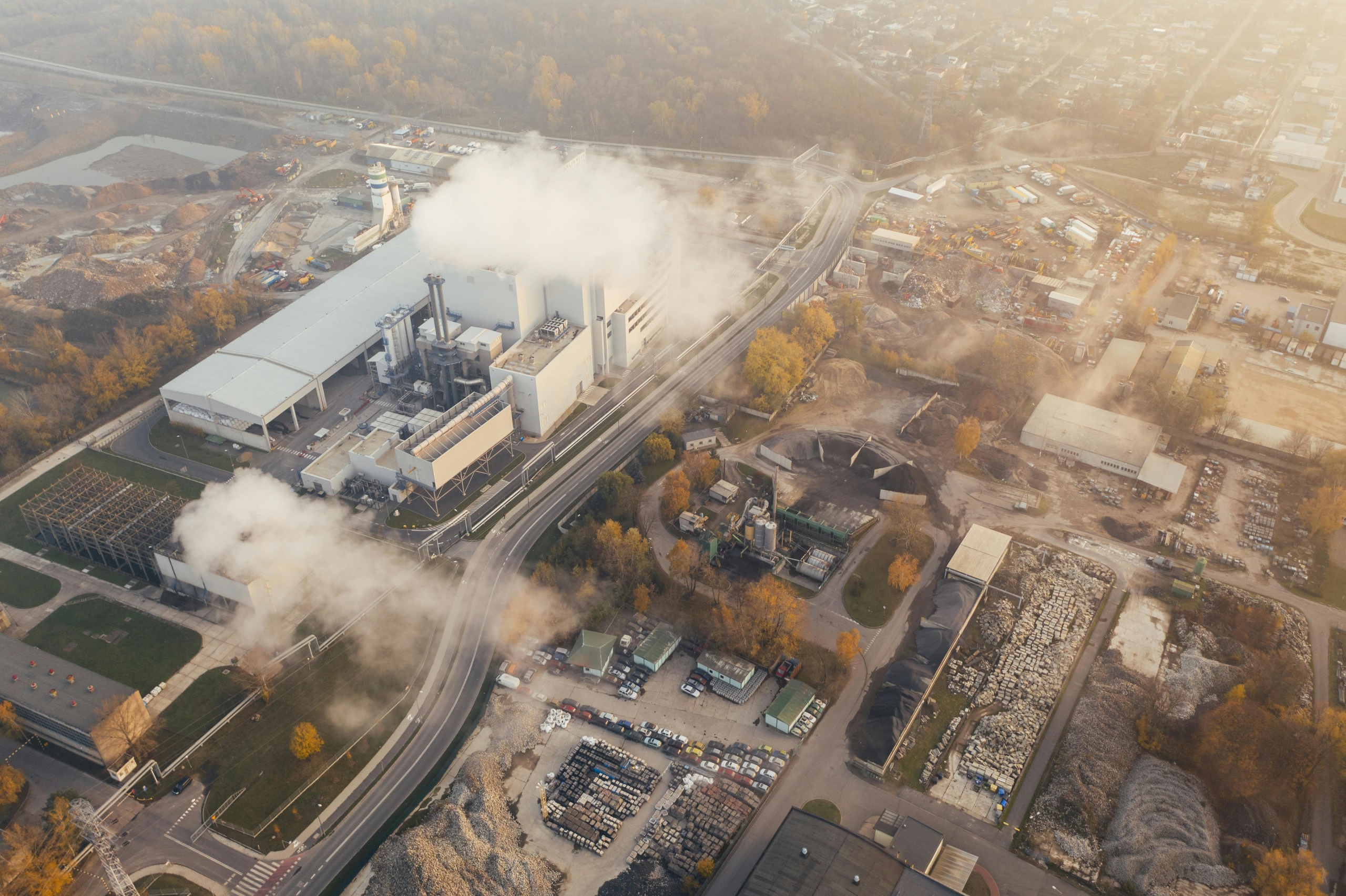What can we do?
Our team has experience working with owners and occupiers of land in relation to greenhouse gas storage.
There are new restrictions and bans in place from 2024 which our team is across.
We work with our clients to navigate this unique area of law and realise their desired outcomes. This area of law requires a lot of negotiation, something our team has a lot of experience with. We can assist our clients with quick, practical and efficient negotiation in this area.
Our team is experienced in assisting owners and occupiers of privately owned land in regard to access by the holders of exploration tenure to carry out authorised activities with respect to greenhouse gas storage including:
- negotiation of access, deferral or conduct and compensation agreements
- negotiation of alternative arrangements (e.g. noise, dust, light)
- negotiation of access to, and rehabilitation of, priority agricultural areas
- negotiation of written permission to access restricted land
- opt out agreements
- exemptions to conduct authorised activities on priority agricultural areas
- negotiation of rules of conduct and terms of access
- whether an authorised activity is a preliminary activity or an advanced activity
- notices of intention to enter privately owned land
- waiver of entry notices
- notices of intention to negotiate a conduct and compensation agreement
- biosecurity management
- compliance with environmental permits, conditions and codes
- determination of compensation
- claims for further compensation and material changes of circumstances
- compliance and breach of agreement
- dispute and conflict resolution
- statutory dispute resolution and negotiation processes including compulsory conferences, mediation, arbitration and settlement conferences
- complaints to Land Access Ombudsman or Coexistence Queensland
- representation in court proceedings
Want more information?
If you are coming to this area for the first time, or revisiting it after a long break, you will see that there are many pieces of legislation with many terms unique to the area. We have set out below a general summary of the area to give a broad overview for those people starting their research into the area. Greenhouse gas storage in Queensland refers to the storage of captured carbon dioxide in geological reservoirs. In Queensland a resource authority is required prior to undertaking any greenhouse gas storage activities.
The exploration or production activity with respect to greenhouse gas storage areas is authorised by greenhouse gas (GHG) authorities issued pursuant to the Greenhouse Gas Storage Act 2009 (Qld) including:
- GHG exploration permit
- GHG injection and storage lease
- GHG injection and storage data acquisition authority
In 2024 greenhouse gas storage and injection activities under the Greenhouse Gas Storage Act 2009 (Qld) were permanently banned within the area of the Great Artesian Basin in Queensland. The ban defines the Great Artesian Basin in Queensland as the area on or below the surface of the plan area under the Water Plan (Great Artesian Basin and Other Regional Aquifers) 2017.
Outside the area of the Great Artesian Basin in Queensland, a GHG tenure authorises the conduct of authorised activities within the area of that tenure subject to complying with the legislation’s requirements in Queensland.
The holder of these GHG tenures has the right to access & conduct ‘preliminary activities’ on privately owned land after the issue of a prescribed notice and in compliance with the requirements of legislation including the:
- Greenhouse Gas Storage Act 2009 (Qld);
- Mineral and Energy Resources (Common Provisions) Act 2014 (Qld);
- Regional Planning Interest Act 2014 (Qld);
- Environmental Protection Act 1994 (Qld.
The authorised activities on privately owned land must comply with the mandatory provisions of the Land Access Code and the conditions of the applicable GHG tenure
If the holder of the tenure intends to conduct ‘advanced activities’ on privately owned land, generally a contract needs to be negotiated pursuant to the Mineral and Energy Resources (Common Provisions) Act 2014 (Qld). This contract may be an opt out, deferral, or conduct and compensation agreement.
If access is required over privately owned land outside the area of the tenure, then an access agreement is generally required to be negotiated.
There is a specific dispute resolution process prescribed by the Mineral and Energy Resources (Common Provisions) Act 2014 (Qld) with respect to the negotiation of a conduct and compensation agreement. If the parties fail to negotiate the agreement, that legislation also provides jurisdiction for the Land Court to determine the issues in dispute (e.g. compensation and any contractual conditions).
The Mineral and Energy Resources (Common Provisions) Act 2014 (Qld) establishes a framework of rules about authorised activities on that part of privately owned land defined as “restricted land”. Those rules will vary depending on the type of tenure, and whether the application for the applicable tenure was made before or after 27 September 2016.
Authorised activities under the relevant tenure within that part of privately owned land defined as a priority agricultural area or strategic cropping land areas may only be undertaken in accordance with the requirements of the Regional Planning Interests Act 2014 (Qld).
If you wish to discuss this area or would like any assistance please get in touch.

















